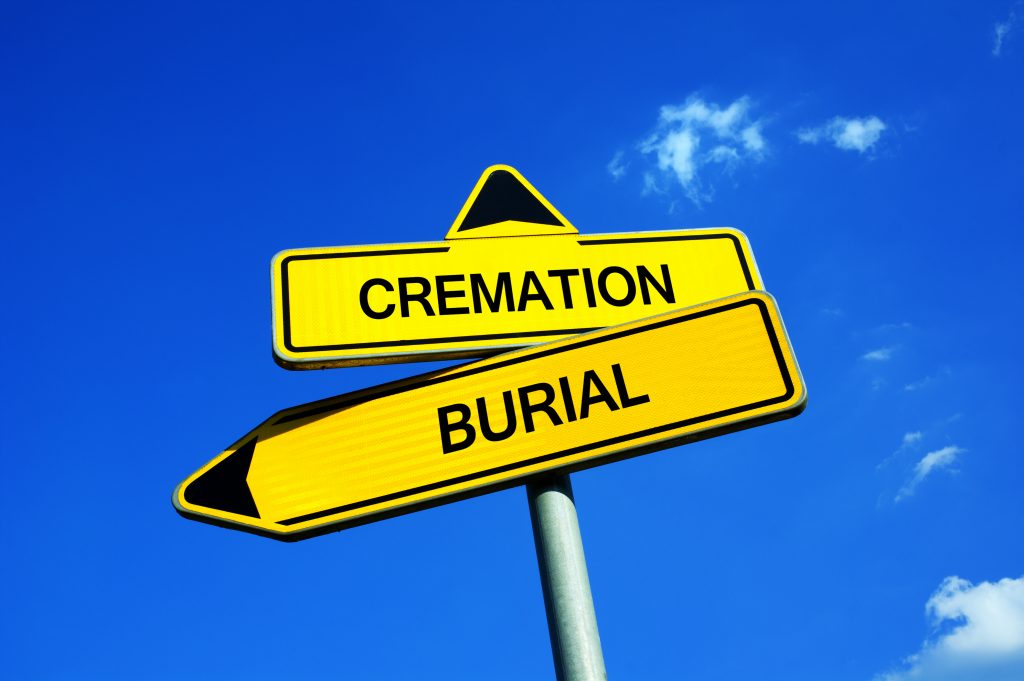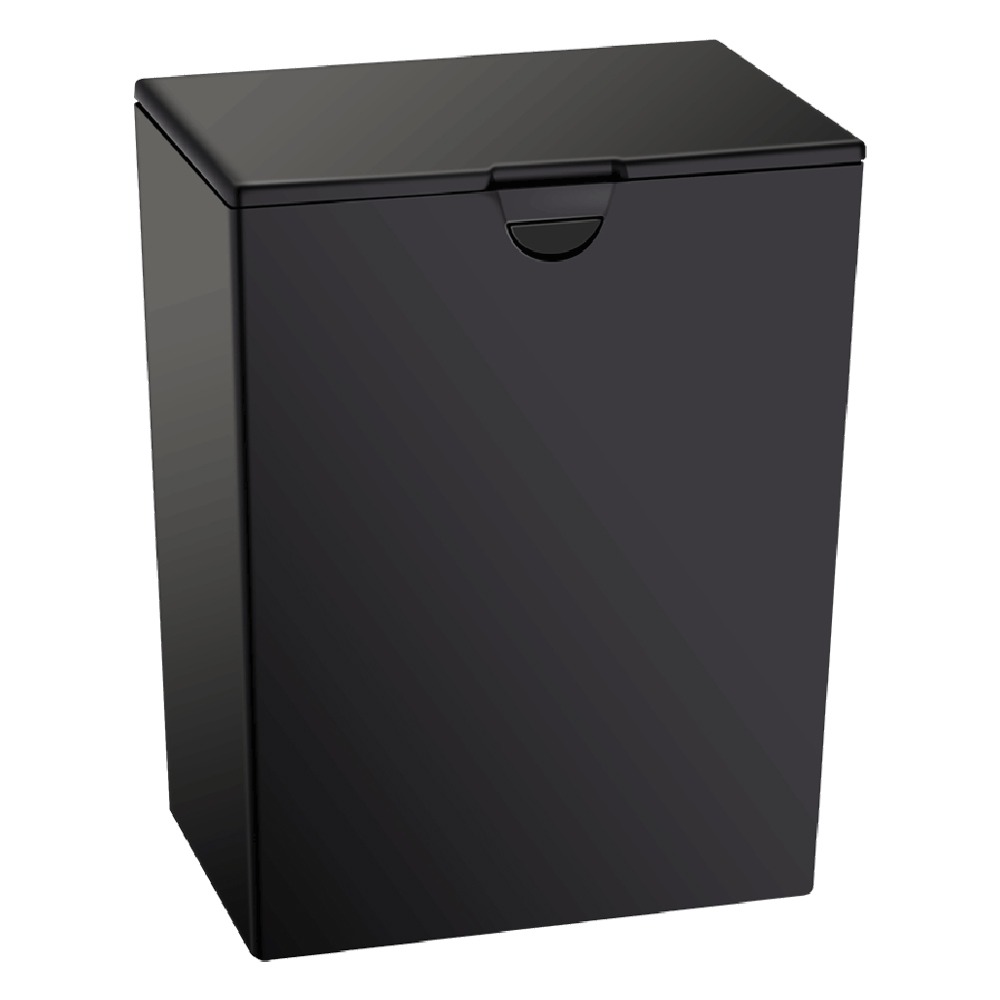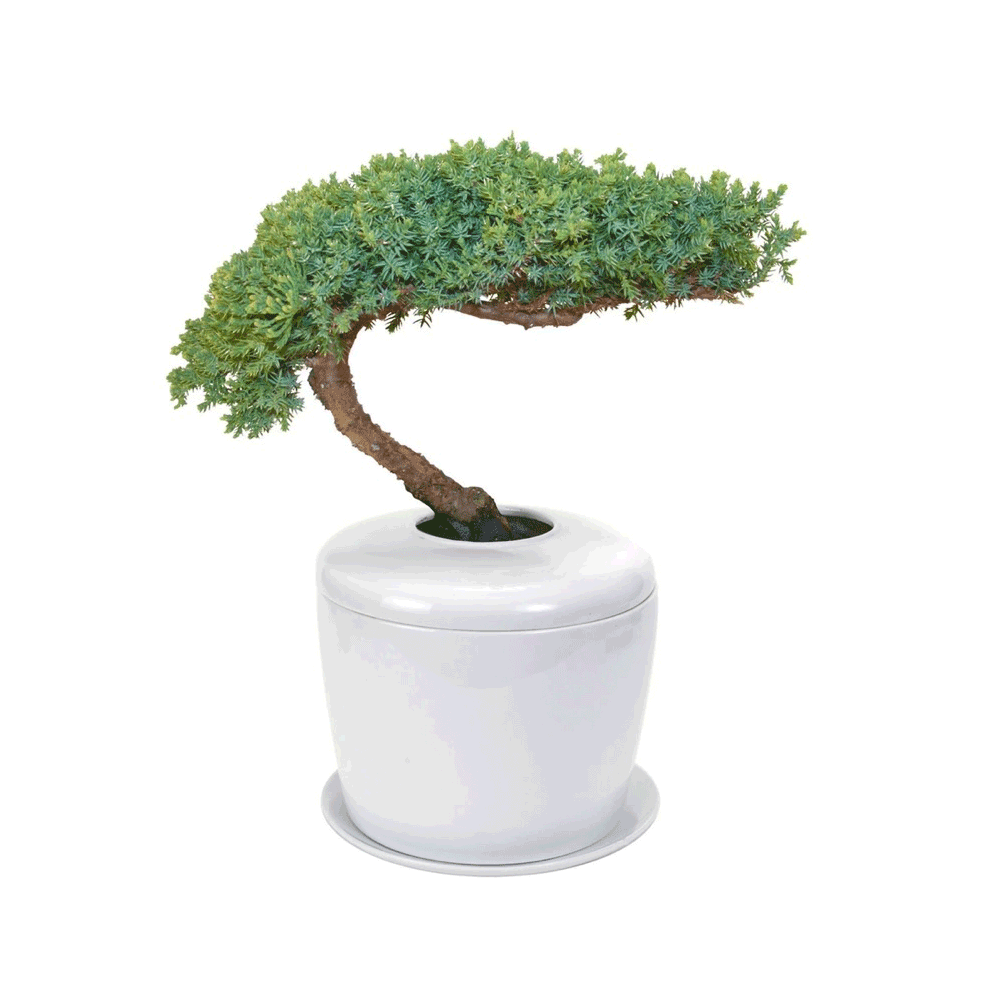At Cremation Society of America, a question that we’re often asked by clients is “Do I Need a Will?” We’d like to help you and your family consider some of the aspects of a Will and the end-of-life decisions that you may need to contemplate.
The Need for a Will
A Will makes for a more efficient and worry-free process for honoring your end-of-life wishes or those of a loved one. A Will also keeps your estate out of the probate system, which can lead to excessive taxes and arbitrary outcomes.
A Will is YOU Making Decisions After You’re Gone
As part of a Will, among other things, YOU determine:
- Who Gets What? You decide who will be the beneficiaries (the recipients) of your belongings, money, real estate, etc. A beneficiary can be anyone you designate – not just immediate family. Money and inheritances can test the bonds of even the tightest family. A Will alleviates any danger of family battles over money, etc. Note: If you intend to name someone as a beneficiary in the Will, do NOT have that person serve as a witness of the Will. Witnesses are NOT legally permitted to be beneficiaries.
- Who Makes Sure That the Will is Followed? You also decide who will serve as the Executor. The Executor, oftentimes an attorney, is responsible for “executing” you directions contained within the Will such as satisfying any debts, outstanding taxes and handing over to beneficiaries money, objects as you determine.
- Who Will Care For Children or Dependents? In the case where you have dependent children and there is no spouse or ex-spouse to care for them, you can name a Guardian in your Will to assume your role as their parent. The same holds true in the case of a dependent – perhaps a parent or sibling who requires a caregiver. If you do not name a Guardian, the courts will wind up naming a Guardian. Don’t surrender your ability to name a Guardian. Use a Will.
- Who Will Manage the Financial Needs of Children or Dependents? You can also name a Guardian of the Estate to carry out your wishes to ensure the financial well-being of your children or any dependents upon your death. This does NOT need to be the same person as the one named as the Guardian above. In fact, many Wills name a different person to manage the money. If the courts name a Guardian, that same Guardian will be appointed by the courts to manage the money for your children or dependents. if you do not want to leave that decision up to the courts, name the Guardian of the Estate in your Will.
- You Add What YOU Want. Keep in mind that the Will can be as basic or elaborate as YOU deem appropriate to ensure that your wishes are met upon your death.
- What Property Can I Include in my Will? You can – and should – direct the distribution/ownership of:
- Property/Real Estate
- Cash/Bank Accounts
- Intangible Personal Property: Stocks, Bonds, Corporate Equity, etc.
- Cars, Jewelry, Works of Art, Heirlooms, Clothing
- Residuary Estate: These are items that don’t merit being itemized or listed separately. These items are turned over to a Residuary Beneficiary who will distribute the items where necessary. Make sure you leave instructions with the Residuary Beneficiary.
- What Property Can I NOT Include in my Will? Here are examples of items that you cannot convey to beneficiaries:
- Property that you own equally with another, such as a home owned with a spouse.
- Trusts, Retirement Plans, Insurance Policies or any other vehicle that already stipulates beneficiaries.
- Investments that have already designated recipients, such as stocks or bonds.
- Your Online Accounts and Presence: This is a Big One! Most online media companies such as Google, Facebook, Twitter, etc will NOT grant your family access to YOUR online accounts. The best way to grant your family access is to save your access credentials to secure storage media and name a beneficiary in the Will. The beneficiary can then gain access to your accounts on your behalf. Your family will need these credentials to close the online accounts to prevent identity theft.
How Do I Get Started?
The number of online legal resources and services is truly amazing and you may be tempted to try to save money and time by utilizing an online service to draft a Will. We suggest that you engage an attorney who specializes in Wills to make sure that you cover all of your bases. Ask family or friends to recommend an Attorney and then meet with him/her in person. You will be entrusting to your Attorney literal “life and death” decisions. You should have a level of comfort with that Attorney before you sign any documents. Depending upon your financial holdings and the complexity of your estate, especially when there are trusts involved, you may also wish to engage an accountant and even a financial adviser.
An Attorney and/or Accountant can determine the most tax-efficient ways to structure your estate. The lower the tax obligation, the more money will be distributed to your beneficiaries.
Maintain Your Will
Once you’ve created and signed your Will, here are a few things you should do to maintain it:
- Periodically review the beneficiaries and change when appropriate. Sometimes, beneficiaries pass away before you do or otherwise fall out of favor. Keep these up-to-date. The same holds true for the items to be distributed. If you sell a property, remove it from the Will.
- Store it where it can be found. Store your Will in a safe or other secure-yet-accessible location. You can store it in a safe deposit box but make sure that someone else has a key and can otherwise gain access to the box. You can also have your Attorney keep your Will – just be sure to let your family know to contact your Attorney to retrieve your Will.
What Happens When I Die?
Now that your Will is in place, here is the chronology of events when you pass away:
Step 1: The Executor presents the will to probate court.
Step 2: The probate court acknowledges your Will and approves it. This process could take from 60 days to up to three years, depending on your state’s laws and the complexity of your estate. Check with your Attorney to get more details of the timeline. The probate court must approve your Will before it can be executed in accordance with your directions.
Step 3: The probate court approve your Will, which enables the Executor to distribute assets to Beneficiaries according to your wishes.
What If I Die Without A Will?
Without a Will, the probate court will likely hand over your assets to your closest surviving relatives. The same holds true for custody of children and/or dependents. Your estate will still have to go through the probate process, and “Intestacy laws”.
As you can see, there are many advantages to a Will and it will give you peace of mind that your wishes will be honored after you’ve passed away. This is much the same way as how Pre-planning your Direct Cremation delivers peace of mind during a troubling time for your family and friends.
Please contact CSA for more information regarding our Cremations services as well as family resources. We look forward to being of service to you and your family.















 Create a meaningful sendoff for your loved one with our Sunset Scattering Tube Urn. Simply remove the outer lid and you will see the perforated lid to be opened. This urn helps to provide a nicer presentation when ocean scattering.
Create a meaningful sendoff for your loved one with our Sunset Scattering Tube Urn. Simply remove the outer lid and you will see the perforated lid to be opened. This urn helps to provide a nicer presentation when ocean scattering. This urn was designed for families to scatter the ashes of their loved ones with ease and dignity. Simply place the urn in the water and watch as it floats away. The urn will begin dissolving and release your loved ones ashes in the gentle ocean currents. This urn is 100% biodegradable.
This urn was designed for families to scatter the ashes of their loved ones with ease and dignity. Simply place the urn in the water and watch as it floats away. The urn will begin dissolving and release your loved ones ashes in the gentle ocean currents. This urn is 100% biodegradable. Blue Newport Urn is crafted from aluminum. The urn has a beautiful hand-painted finish. This urn has a top-opening with a secure threaded lid. Newport Urn comes in blue or red.
Blue Newport Urn is crafted from aluminum. The urn has a beautiful hand-painted finish. This urn has a top-opening with a secure threaded lid. Newport Urn comes in blue or red.